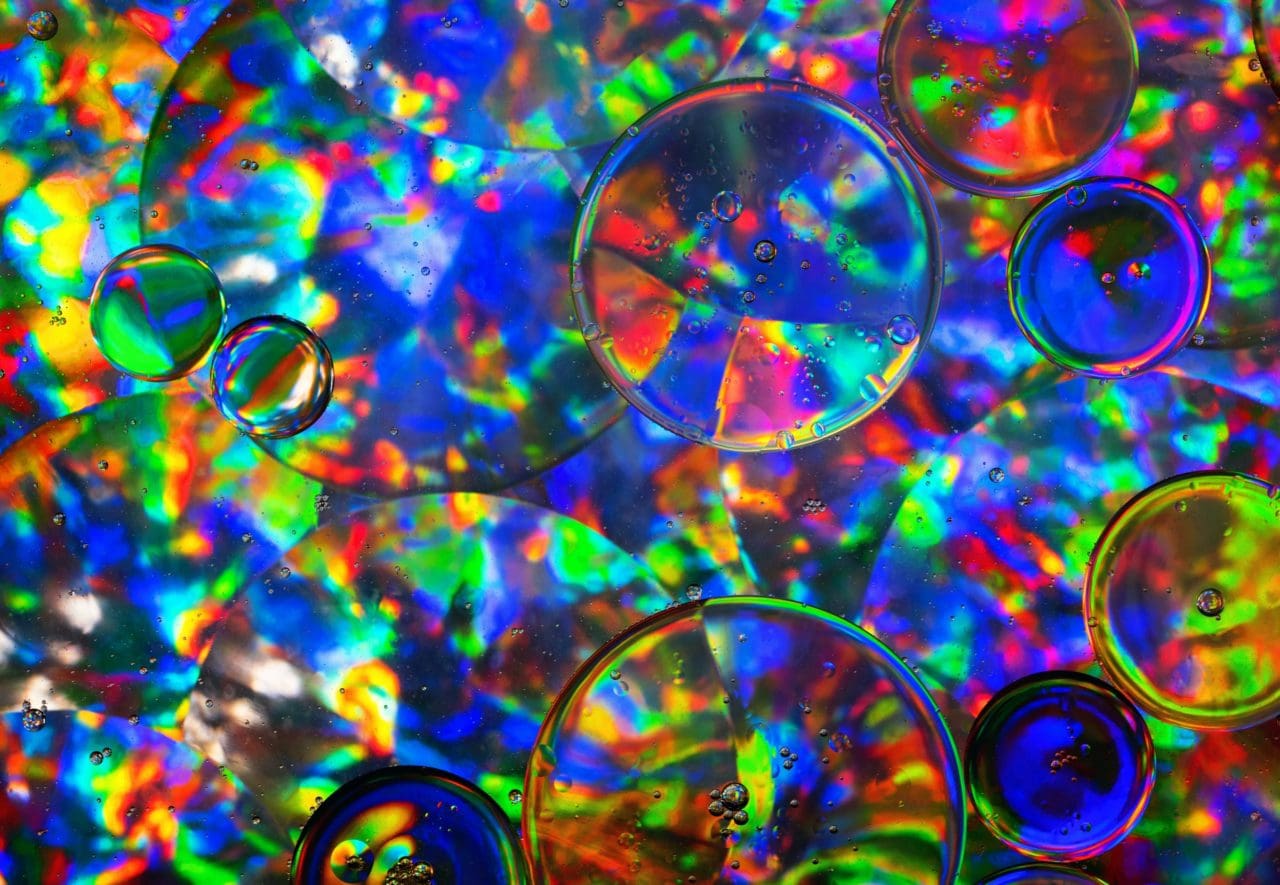Medical Editor: Dr. David Cox, PhD, ABPP
Many people are becoming dissatisfied with traditional treatment methods for everything from PTSD to substance use disorders and are looking to psychedelics for help. Evidence suggests that psychedelics can not only treat such conditions but do so quickly. This comes as potentially life-saving news, especially for those experiencing suicidal thoughts. However, psychedelics are powerful substances. People curious about psychedelic medicine and therapy should do their research before starting any course of treatment. Keep reading for answers to some of the most frequently asked questions about psychedelics.
What does psychedelic mean?
The Merriam-Webster dictionary describes psychedelics as drugs (such as LSD) or compounds found in magic mushrooms (such as psilocybin) that are capable of producing abnormal psychic or psychological effects (such as visual hallucinations). Psychedelics may also trigger a psychotic state in persons who are more susceptible to psychosis. Other common definitions of the word psychedelic reference music or art inspired by psychedelic drugs, like psychedelic rock.
What are psychedelic drugs?
Psychedelic drugs, or serotonergic hallucinogenics, are powerful substances that impact cognitive processes and mental states. These mental states may include alteration of a person’s perception and can affect changes in their mood. These drugs include, but are not limited to LSD, psilocybin (mushrooms), and DMT (the active psychedelic ingredient in ayahuasca). Other drugs, such as ketamine, which is technically an anesthetic that causes dissociation, or MDMA are often included when talking about psychedelic therapy.
What are the effects of psychedelics?
Psychedelics may alter a person’s perception of reality. Time may appear to slow down or speed up. They also affect all of the senses. Touch may be heightened, and visual and auditory hallucinations can occur. Psychedelics affect mood, which can cause euphoria, paranoia, and grand realizations about life or one’s sense of self. This is why patients often seek out psychedelic therapy to face their ego, work through trauma, or confront depression and PTSD.
How do psychedelics affect a person’s brain chemistry?
Classic psychedelics (LSD, psilocybin, and DMT) work by stimulating the serotonin 2A (5-HT2A) receptor. By binding to the receptor, they mimic the action of serotonin. When this is increased, so is the excitability of the hosting neuron. Research suggests that psychedelics cause neurons in the brain’s cortex to fire more easily, which has a disorganizing effect on cortical activity. This extends across the brain and produces the signature psychedelic effects such as visual hallucinations, euphoria, and induction of profound changes in consciousness. More research is needed to understand better how these compounds cause these changes in brain activity and alterations in human consciousness.
Can psychedelic drugs cause a mental breakdown?
In persons who do not struggle with conditions such as psychosis, psychedelics should not cause a ‘mental breakdown,’ per se. Psychedelics can open the mind to the subconscious mind, which can lead to uncomfortable feelings and themes that may impact the person’s emotional and mental experience.
For example, powerful psychedelics, such as ayahuasca, especially in larger doses, can cause what is referred to as an “ego death” that can be experienced as painful and difficult. However, when experienced under the guidance of a shaman or therapist, even “bad trips” can be healing and transformation tools. LSD and other psychedelics can trigger latent mental conditions such as schizophrenia in those who may be vulnerable to these conditions, so it is important for people to know their family and medical history before trying a psychedelic. Research suggests that LSD can induce psychosis. Psychedelics can interfere with many mental health (and other) medications, so double-check a list of interactions before starting therapy.
Are any psychedelic drugs addictive?
While any drug can be abused, many psychedelics are generally considered physiologically safe and are unlikely to cause biological or chemical dependence or addiction. That said, psychological dependence can occur with psychedelic substances just as may occur with other substances.
What is psychedelic-assisted therapy?
Psychedelic-assisted therapy integrates psychedelic medicine and the training of a therapist or guide. Research suggests that psychedelics can help treat PTSD, depression, anxiety, suicidal thoughts, addiction, and more. Such therapy may include ketamine clinics, ayahuasca retreats, and microdosing LSD or psilocybin. While therapy is valuable on its own, often psychedelics expedite the healing process as they can work in a matter of days, whereas talk therapy alone or traditional SSRI antidepressants can take weeks to months to be effective.
Where is psychedelic therapy legal?
Most psychedelics are illegal in the U.S., which is why people often obtain treatment elsewhere or discretely. However, the future looks promising. Oregon legalized psilocybin in November of 2020, and it is decriminalized in the cities of Oakland, Denver, Ann Arbor, and Washington, D.C. However, it remains a Schedule I drug at the federal level, along with LSD and MDMA.
In 2017, MDMA was granted breakthrough therapy status by the FDA due to preliminary therapeutic value evidence. It’s expected to become more accessible in late 2021 or 2022. Ketamine is used off-label to treat depression and PTSD through IV infusions, now available in most major cities. It is legal for at-home use with a prescription through a nasal spray (esketamine) or lozenges.
Conclusions and Final Thoughts
Psychedelics or serotonergic hallucinogens are substances that impact cognitive processes and mental states. Effects may include visualizations, changes in mood, and life-changing realizations about one’s self. Classic psychedelics such as LSD, psilocybin, and DMT work by stimulating the serotonin 2A (5-HT2A) receptor.
These drugs include but are not limited to LSD, psilocybin (mushrooms), and DMT (the active psychedelic ingredient in ayahuasca). Other drugs, such as ketamine and MDMA, are often included when discussing psychedelic therapy. A growing body of evidence indicates that psychedelics, from MDMA for PTSD to LSD for depression to ketamine for treatment-resistant depression, can be used therapeutically. However, because so many forms of psychedelic medicine are illegal, both research and safe access to these substances is limited at this time.








